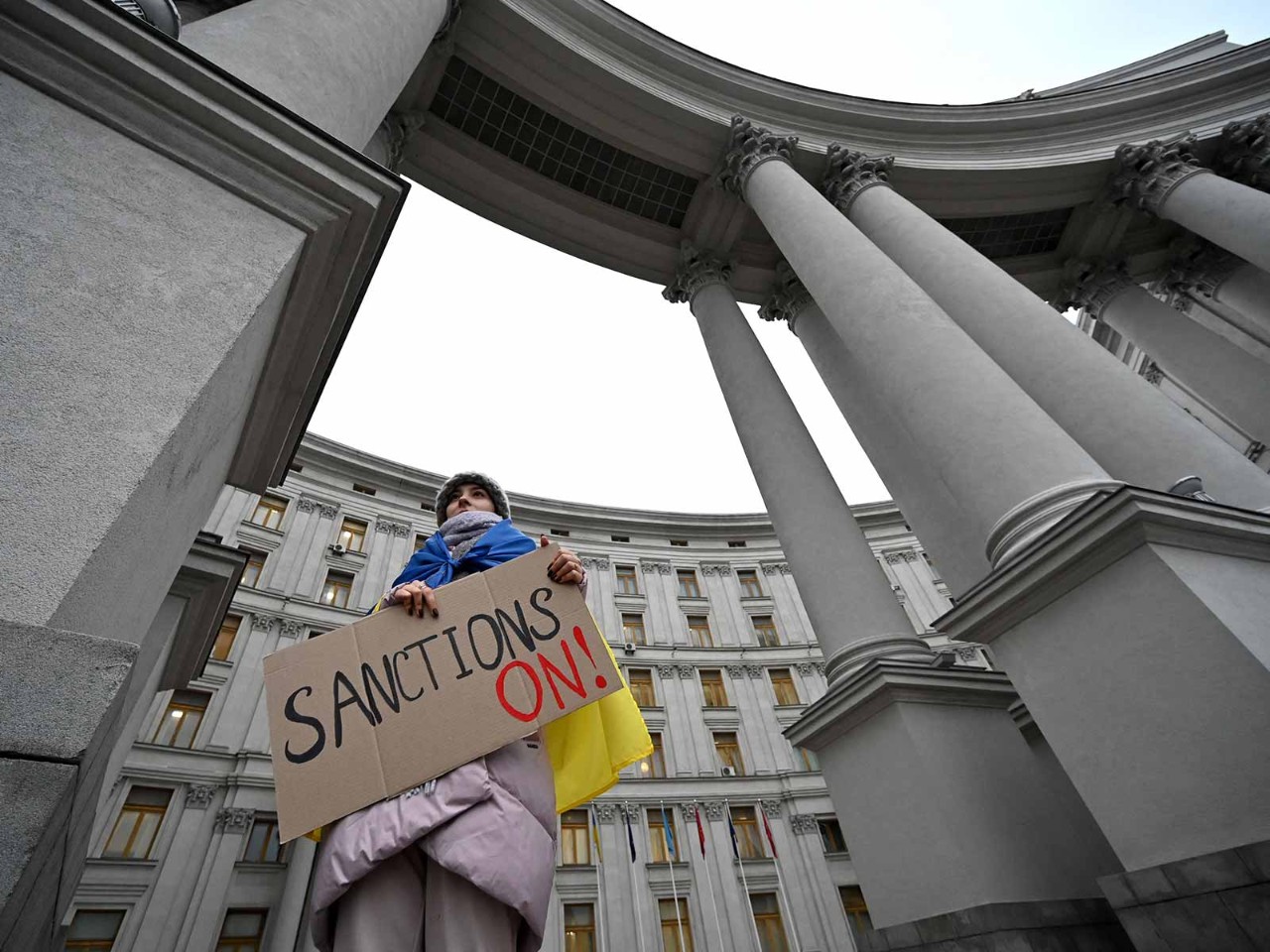
AML
The European Banking Authority (EBA) has published findings from its assessment of seven EU countries’ approaches to supervising banks’ anti-money laundering and countering the financing of terrorism (AML/CFT) regimes.
It found that all seven countries had undertaken ‘significant work to implement a risk-based approach to AML/CFT’, while several had made AML a key priority. There was also increased cooperation with other countries’ supervisory authorities.
However, the report identified various challenges, including:
- the sector’s exposure to customers from third countries with higher risk
- a lack of legislative powers for some regulators
- the identification of risk factors, particularly with terrorist financing.
Overall, the review ‘found that most competent authorities were on course to tackle ML/TF risks more effectively, holistically and comprehensively’.
‘Most competent authorities were on course to tackle ML/TF risks more effectively, holistically and comprehensively’
UK audit reports
UK auditing standards for audit reports have changed and now diverge from Irish ones.
For listed entities in Ireland, the audit report ‘shall explain to what extent the audit was considered capable of detecting irregularities, including fraud’. In the UK, this requirement has been extended to unlisted entities.
No boilerplate disclosure is available for this, as it is intended to be client-specific, but example wording for an audit report for a small, simple UK company is: ‘We plan our audit taking into account the risk of irregularity and fraud. We make enquiries with people at different levels within the company. We test journals and post year-end entries. We also look for unusual entries and carry out analytical review, and we test controls. We test-check a sample of invoices and payments and other transactions by the company for regularity.’
UK auditing standards for audit reports have changed and now diverge from Irish ones
The explanation needs to be specific to the circumstances of the audited entity and to take account of how the auditor planned and performed procedures to address the identification and assessment of the risks of material misstatement.
IFIAR annual survey
The ninth annual survey of audit inspection findings by the International Forum of Independent Audit Regulators (IFIAR) primarily covers audits concluded prior to the advent of the pandemic. Only 16% were audits of listed public interest entities (PIEs) with year-ends in 2020.
The five inspection areas with the highest frequency of inspection findings for listed PIE audits were: the audit of accounting estimates, internal controls testing, the adequacy of financial statement presentation and disclosure, revenue recognition, and audit sampling.
Compliance costs for SMEs
The European Commission has published its final report on the study of tax compliance costs for SMEs in Europe.
The report shows Ireland had the largest estimated average of audit-related costs for EU enterprises that underwent a tax audit during the past three years for VAT, and scored second highest for corporation tax.
Ireland also had the highest estimated average total tax compliance costs and second highest compliance cost for corporation tax and VAT. The country was ranked fifth highest when the costs were turnover-adjusted. The study stresses that ‘it is difficult to make inference with high certainty based on the data we have’.
Ireland had the largest estimated average of audit-related costs for a tax audit for VAT
Working with a Russian client
Some Irish small and medium practices have continued to work for Russian clients, particularly EU-resident clients, which requires the application of additional anti-money laundering procedures. Failure to follow these procedures for a client that is on a sanctions list or that launders criminal proceeds can result in legal action against the firm as well as the client.
It would be appropriate to renew the customer due diligence for both the beneficial owners and the directors of Russian clients, and there are online identification tools to support this. The client will need to be checked and rechecked against the sanction list as it is extended frequently.
The firm will also need to undertake closer supervision of the transactions within the client, and be aware of red flags and react appropriately if any are raised.
A pre-assignment meeting with staff to address the risks and to specifically plan the approach to money laundering, as well as a post-assignment closing meeting, would also be appropriate.
Firms acting for such clients should consider billing in advance for the work as collection of a fee if the client is subsequently sanctioned may prove impossible.
Further information on restrictive measures currently in place is available from:
- the EU Council website, where the measures agreed at an EU level in response to the crisis in Ukraine are outlined
- the Central Bank of Ireland
- the Department of Foreign Affairs, which also has domestic guidance on the implementation of sanctions at the bottom of the webpage.
These resources should be checked regularly, along with ACCA’s Ukraine hub and ACCA guidance on financial sanctions.


